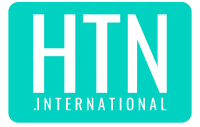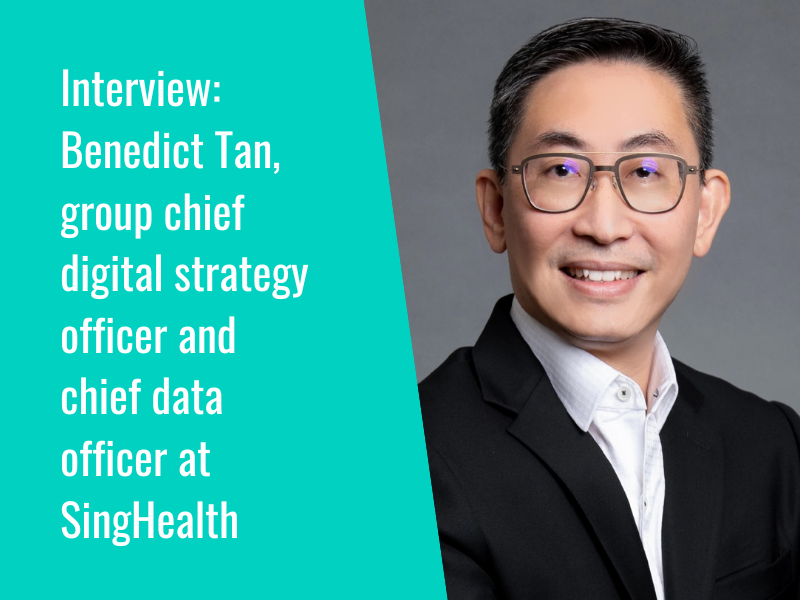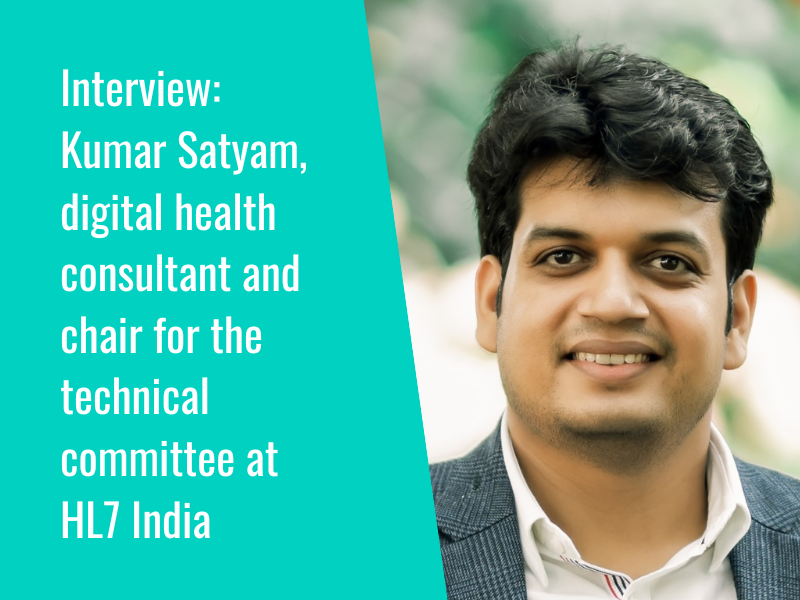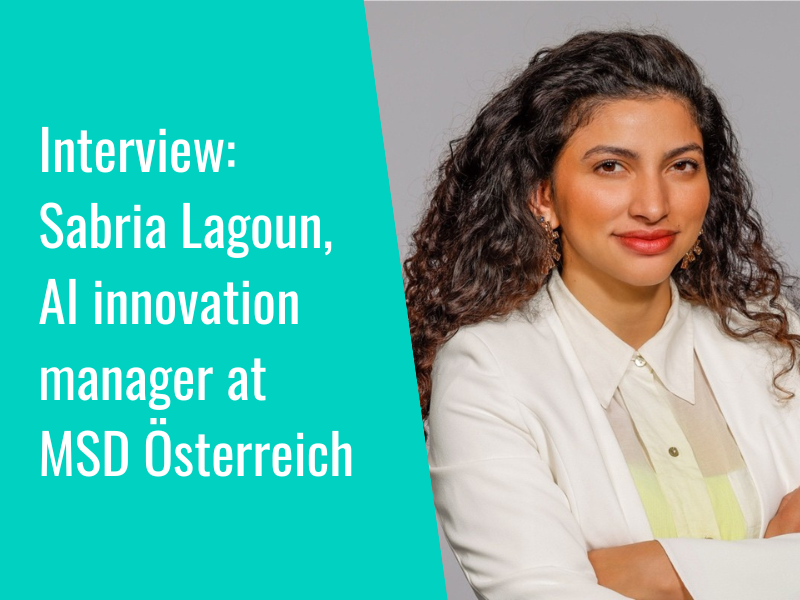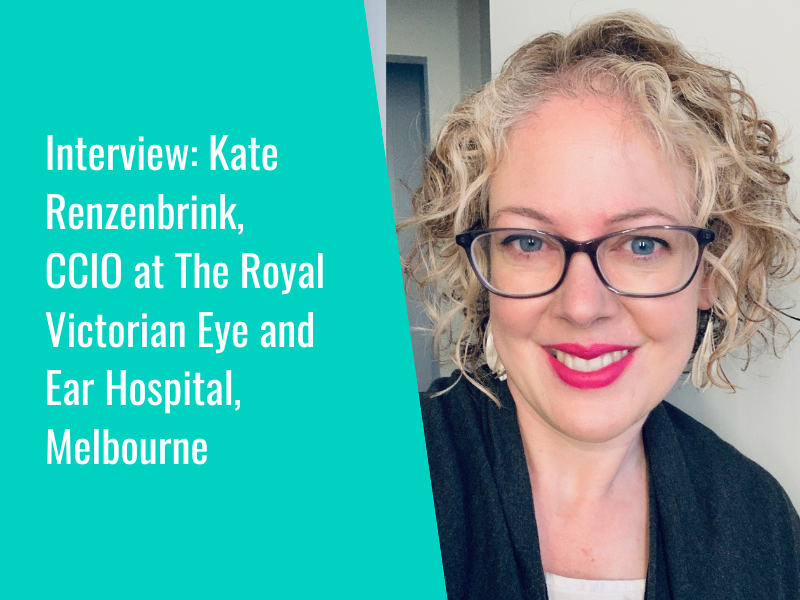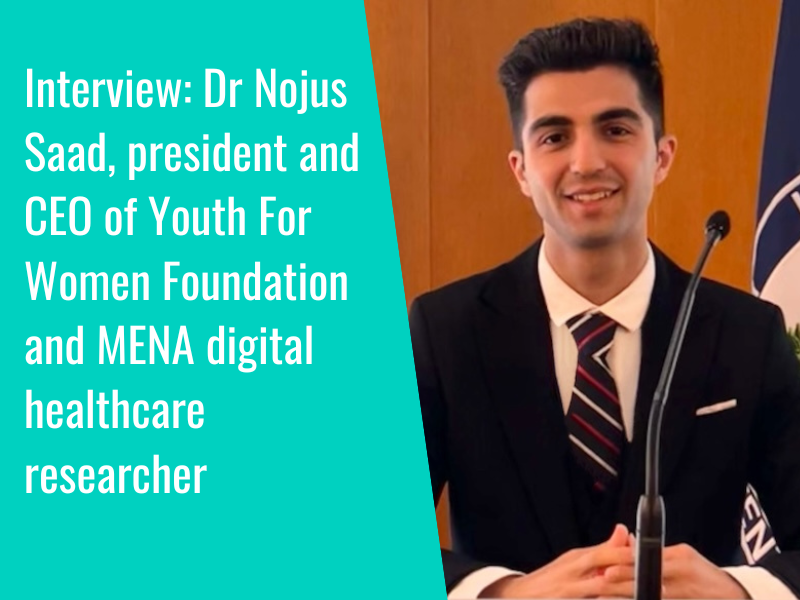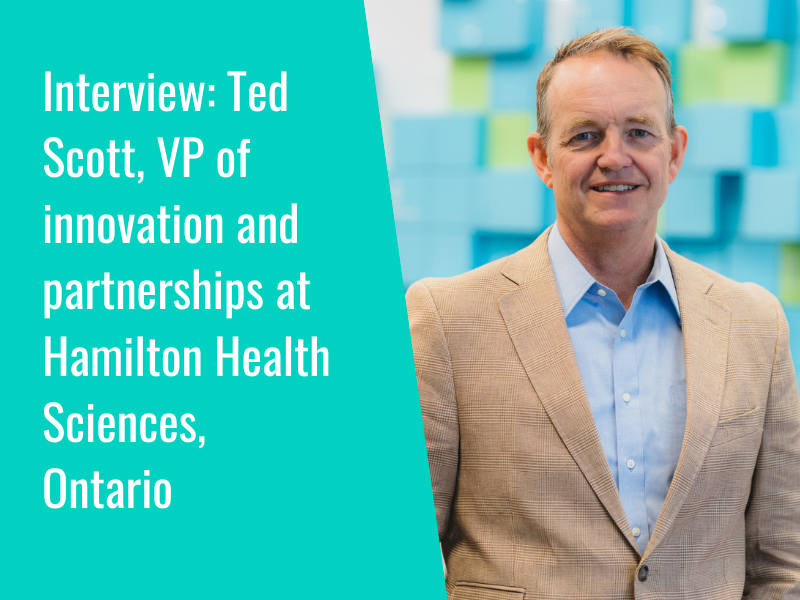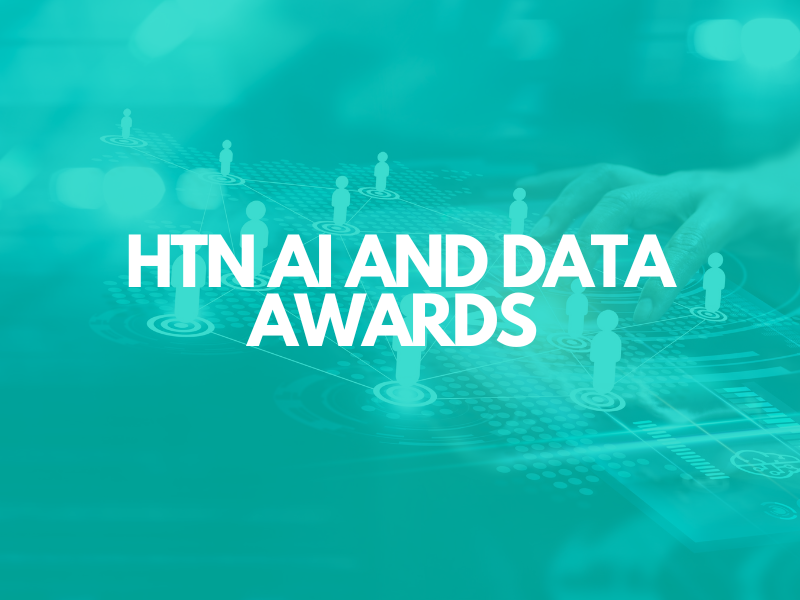UNICEF’s Annual State of Digital Transformation report for 2024 has been published, citing the importance of maintaining “momentum on the inclusion of children in digital transformation”, and highlighting progress and key aims around AI, gender and tech, cybersecurity and children’s health data.
Three projects or areas where progress has been made are in the co-development of a “global yet adaptable toolkit” with vaccine alliance Gavi; the HealthConnekt/PHC Digital Infrastructure initiative in Zambia working on infrastructure and education to support sustainable digital transformation; and in the development of NutriDash, a system that “collates and analyses nutrition data from programmes across 125 countries”.
The report also draws attention to UNICEF’s work toward better governance of children’s data, and its manifesto calling for a new governance model to specifically support children’s rights and data. Key points set out by the manifesto include the need for child-centred data governance adhering to internationally agreed standards which minimises the use of surveillance and algorithms for profiling children’s behaviour; the prioritisation of children’s best interests in decision-making around children’s data; and the shift in responsibility for data protection from children to companies and governments.
On AI, the report cites UNICEF’s work on a pilot programme looking at the use of AI in poverty mapping, which uses “low-cost machine learning” and data from sources such as socio-economic surveys, to “demonstrate the feasibility of responsibly providing low-cost AI insights from big data and open sources”. Beginning in 2018, the project is now available in nine countries across South East Asia, and has shown that “responsible AI could open poverty mapping to a more diverse range of actors”.
Citing “significant opportunities” around the use of digital and technology for women and girls, UNICEF’s report discusses the need to address “challenges and biases” to ensure equity, and the organisation’s Laaha platform, which is designed to be a “virtual safe space for adolescent girls and women” to access online resources.
The report also highlights challenges around cybersecurity and managing huge volumes of information, noting the commissioning of a single CRM system launched in Thailand and expanded out to other countries to offer a “single source” of access to aggregated data with “clear and predictable management costs”; and UNICEF’s use of “advanced cybersecurity tools” to protect children and partners, as well as to manage “threats in our digital environment”.
To read the report in full, please click here.
Elsewhere in global health, our interview with Kumar Satyam (Satyam), digital health consultant and chair for the technical committee at HL7 India, also highlighted key challenges in the international digital health space, including around interoperability, data, AI, and a “lack of infrastructure” preventing effective digital transformation.
- 1
- 2
